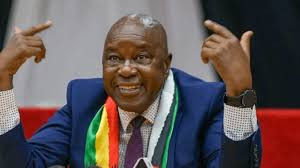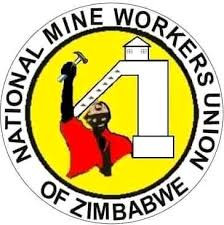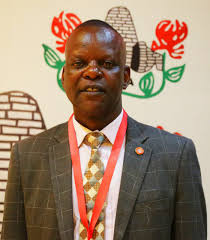SINCE coming to power on the back of a military coup, President Emmerson Mnangagwa has overseen several projects in and around the country.
He says he wants to build Zimbabwe and make it an upper-middle-income economy by 2030.
Clearly, the projects he has overseen are there for everyone to see.
There is the New Parliament Building in Mt Hampden, then the Museum of Africa Liberation which is under construction in Warren Park, then comes the Mbudzi Interchange in Glen Norah, the construction of the Gwayi-Shangani Dam, as well as the rehabilitation of some of the country’s roads.
It’s not denied that he is finally doing something about the chronic underinvestment in infrastructure development.
Kudos to that but he was also part of the regime that oversaw the collapse of the same in the 37 years of Mugabe’s regime.
Keep Reading
- Mavhunga puts DeMbare into Chibuku quarterfinals
- Bulls to charge into Zimbabwe gold stocks
- Ndiraya concerned as goals dry up
- Letters: How solar power is transforming African farms
But then it raises more questions than answers when the man wants to name everything after himself.
Since assuming power in November 2017, he has named more than 10 streets around the country after him, one of them being Enterprise Road, to assert influence.
He has used a statutory instrument to rename Mbudzi Interchange to Trabablas Interchange, his nom de guerre during the liberation struggle.
It doesn’t end there, there is even the two-storey Emmerson Dambudzo Mnangagwa Law School under construction in Kwekwe.
Technically, we would not be wrong to assume that Mnangagwa is telling himself that he wants to leave a legacy which will take years to forget.
He wants to erase any other history or legacy that might have been left behind by the late former President Robert Mugabe or even colonial ruler Ian Smith.
Said the late American Congregationalist clergyman, social reformer and speaker, Henry Ward Beecher: “There is nothing which vanity does not desecrate.”
Even the late author Edward Counsel saw the wrongs in it: “The vain man is like a painter who continually draws but his own picture.”
There is danger that Mnangagwa is using the law to name everything he can after himself, in the process creating a monster out of himself.





